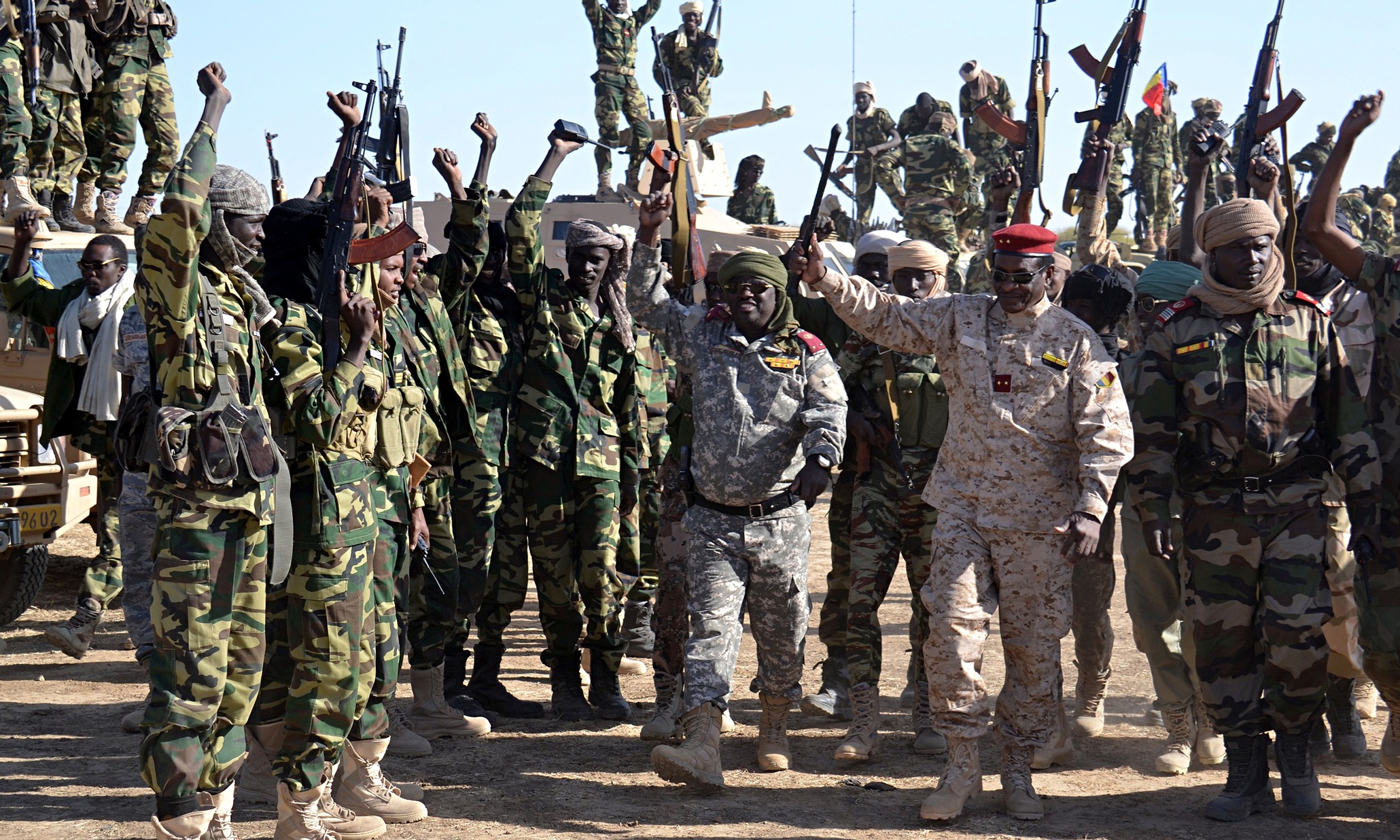A foremost human rights group, Amnesty International, on Monday called on the International Criminal Court (ICC) to urgently investigate the Nigerian government over alleged failures to sanction military commanders and terrorists suspected of grievous human rights abuses in the Boko Haram war.
“The Nigerian government is unwilling and unable to meet its obligations as a member of the ICC to investigate and prosecute both Boko Haram and the Nigerian military,” the group said in its reaction to fresh findings published by the ICC that reaffirmed a widespread lack of accountability on the Nigerian government.
The ICC’s office of the prosecutor said in the December 5 report that most of the Boko-Haram-linked cases being pursued by the Nigerian government are related to membership of, support for or failure to report terrorists.
The office of the prosecutor should urgently open “a full investigation into the atrocities that have been committed in northeast Nigeria,” Amnesty International’s Africa director for research and advocacy, Netsanet Belay, said in a statement accompanying the group’s latest report titled: ‘Willingly Unable: ICC Preliminary Examination and Nigeria’s Failure to Address Impunity for International Crimes’.
Mr Belay said since the Nigerian government’s prosecution of Boko Haram has focused only on membership or support for the sect rather than the horrific crimes of key actors in the insurgency, it was obvious that Nigerian authorities have only undertaken superficial criminal proceedings regarding crimes committed by Boko Haram; only a couple of which may be relevant for the conduct that may be covered by one of the potential six cases being reviewed by ICC prosecutors.
“The Nigerian government has no intention to undertake genuine investigations’ Mr Belay emphasised. “Instead it has pursued ‘sham’ criminal proceedings to ‘shield’ perpetrators from an ICC investigation and to give a ‘veneer’ of accountability in Nigeria.”
The report has also demonstrated that ‘mass trials’ conducted against suspected members of Boko Haram since October 2017 have been so flawed that it is impossible to conclude that those who were convicted were actually guilty of any crime at all.
In fact, many of these “mass trials are an effort to give a pretence of legality to the mass unlawful detentions committed by the Nigerian military throughout the conflict, which have seen thousands die in captivity through starvation, thirst and overcrowding, Amnesty International said.
Nailing the state actors
As Boko Haram terrorists continued their murderous campaign across Nigeria’s north-east, Nigerian security forces have also faced serious charges of violations of international humanitarian law and human rights law, including extrajudicial executions, mass arbitrary arrests and unlawful detentions, torture and other ill-treatment, enforced disappearances and rape.
As of June 2015, Amnesty International had documented that the Nigerian military forces had extra-judicially executed more than 1,200 people and arbitrarily arrested at least 20,000, of whom at least 7,000 have died as a result of the inhumane conditions in custody.
The group said its findings also showed that Nigeria has failed to open a single relevant criminal case against military officers and members of the Civilian Joint Task Force, an allied vigilante group, a situation that flouted the Rome Statute on crime against humanity.
Several panel of inquiries raised for the purpose of unearthing and correcting cases of abuses by the military have ended without any serious conclusion, Amnesty said.
“Despite much publicity and posturing neither military led inquiry – the Special Board of Inquiry or the Presidential investigation panel – was ever intended, designed or conducted with a view to result in criminal prosecutions, or even to identify perpetrators and recommend further criminal investigations or prosecutions,” it said.
Overcoming a distraction
Even though ICC prosecutors have published preliminary findings around rights abuses and killings in Nigeria in recent years, including their November 2015 damning report on military chiefs’ conduct in Boko Haram war and their ongoing inquiry into Shiite and pro-Biafran massacres, the Nigerian military only focused on the role of Amnesty International in amplifying the atrocities and their investigations.
“Amnesty International has become a major distraction that we have to overcome in the war against Boko Haram,” John Agim, a spokesperson for the Defence Headquarters, told PREMIUM TIMES Sunday afternoon. “They are always claiming a crime has been committed here and there but never presented any evidence.”
Mr Agim, a brigadier-general, said Amnesty International has evolved a habit of accusing only serving military commanders, indicating that its aim was to frustrate the government’s effort rather than help in ending the war or getting justice for victims.
“They usually spend years accusing serving commanders, but when those ones are out, they immediately leave them and shift their focus on the new ones in service,” Mr Agim said. “They should take any evidence they have to the ICC and leave the Nigerian government and military out of it.”

 News6 years ago
News6 years ago
 Featured6 years ago
Featured6 years ago
 Boss Picks6 years ago
Boss Picks6 years ago
 Headline6 years ago
Headline6 years ago
 Headline6 years ago
Headline6 years ago
 Headline5 years ago
Headline5 years ago
 Headline6 years ago
Headline6 years ago
 Headline6 years ago
Headline6 years ago













